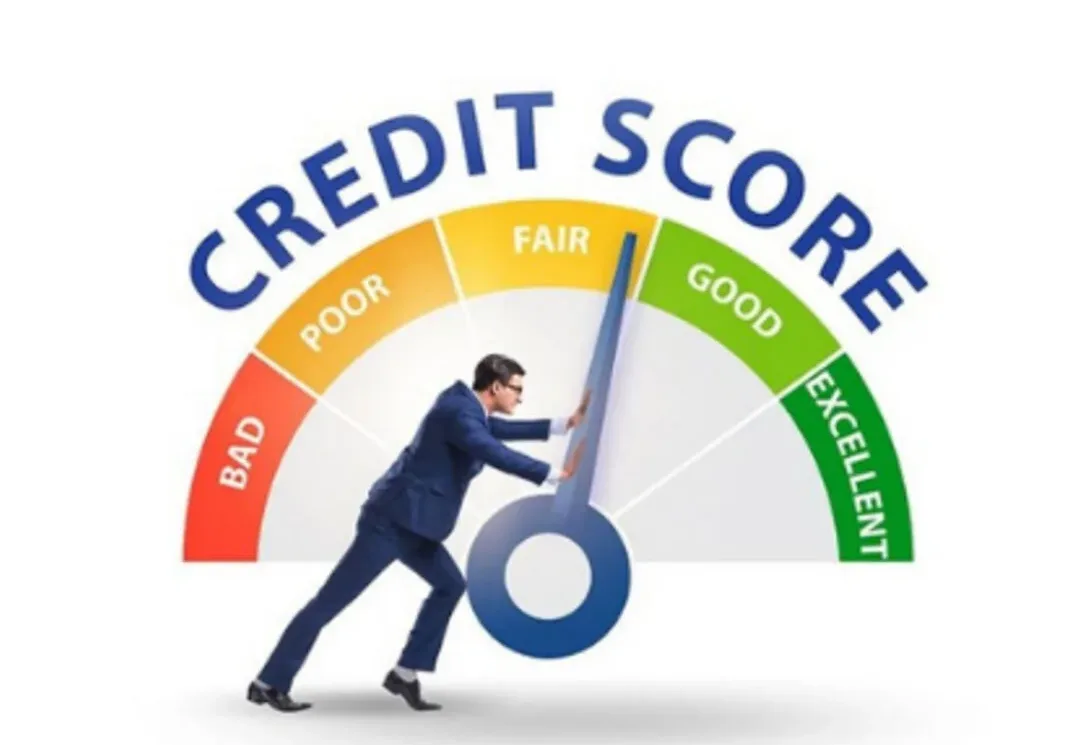
Introduction
In today’s financial landscape, your credit score plays a pivotal role in shaping your financial opportunities. Whether you’re applying for a credit card, seeking a loan for a new car, or even looking to rent an apartment, your credit score is a critical factor that lenders and landlords consider. Understanding what a credit score is, how it’s calculated, and how to improve it is crucial for achieving your financial goals. In this article, we will delve into the world of credit scores to provide you with a comprehensive guide on this essential financial metric.
What is a Credit Score?
A credit score is a numerical representation of your creditworthiness, which indicates to lenders and creditors how likely you are to repay borrowed money on time. It is essentially a summary of your credit history and financial behavior. Credit scores typically range from 300 to 850, with higher scores indicating better creditworthiness.
How is a Credit Score Calculated?
Credit scores are calculated based on various factors, with the most common credit scoring model being the FICO score. FICO (Fair Isaac Corporation) uses the following key factors to determine your credit score:
- Payment History (35%): This is the most significant factor in your credit score. It reflects whether you’ve paid your bills on time, including credit cards, loans, and other debts. Late payments, defaults, and bankruptcies can significantly lower your score.
- Amounts Owed (30%): This factor considers the total amount of debt you owe, including credit card balances, loans, and mortgages. High levels of debt relative to your credit limit can negatively impact your score.
- Length of Credit History (15%): The length of time you’ve been using credit plays a role in your score. Longer credit histories are generally more favorable, assuming you’ve managed your credit responsibly.
- Credit Mix (10%): Lenders like to see a mix of different types of credit, such as credit cards, installment loans, and retail accounts, in your credit history.
- New Credit (10%): Opening several new credit accounts in a short period can lower your score, as it may indicate financial instability.
Why Does Your Credit Score Matter?
- Access to Credit: A higher credit score makes it easier to qualify for loans and credit cards. Lenders are more likely to offer you lower interest rates and better terms with a strong credit history.
- Lower Interest Rates: A good credit score can save you money in the long run by securing loans and credit cards with lower interest rates. This means you’ll pay less interest over the life of your loans.
- Apartment Rentals: Landlords often check credit scores before renting out their properties. A good credit score can help you secure a desirable rental unit.
- Insurance Premiums: Some insurance companies use credit scores to determine premiums for auto and home insurance. A better credit score may result in lower insurance costs.
- Employment Opportunities: In some industries and positions, employers may review your credit history as part of the hiring process. A strong credit score can reflect positively on your financial responsibility.
How to Improve Your Credit Score
Improving your credit score is a gradual process that requires responsible financial habits. Here are some steps to help you get started:
- Pay Bills on Time: Consistently pay all your bills, including credit cards, loans, and utility bills, on time.
- Reduce Debt: Work on paying down existing debt, especially high-interest credit card balances.
- Don’t Close Old Accounts: Keeping old accounts open can help improve your credit history’s length.
- Diversify Your Credit Mix: Consider different types of credit, but only if they align with your financial goals and needs.
- Monitor Your Credit: Regularly check your credit reports for errors and inaccuracies. You can request free credit reports from the major credit bureaus annually.
- Use Credit Responsibly: Avoid excessive new credit applications, and only borrow what you can afford to repay.
Conclusion
Your credit score is a powerful financial tool that can impact your ability to access credit, secure favorable terms, and achieve your financial goals. Understanding how credit scores work and taking steps to improve them is a wise financial strategy. By practicing responsible financial habits, you can build and maintain a strong credit score, opening doors to various financial opportunities and a brighter financial future.
